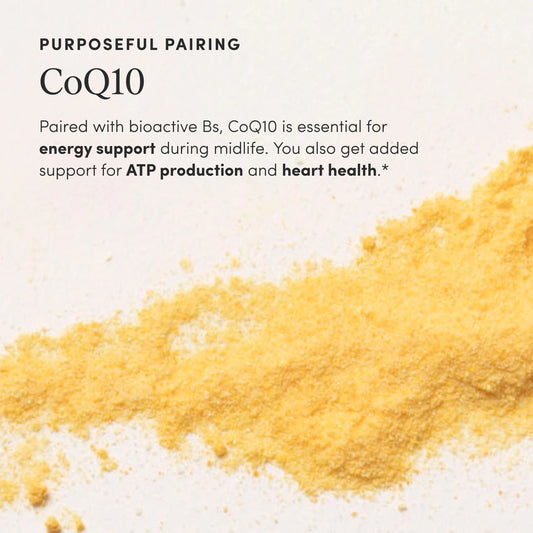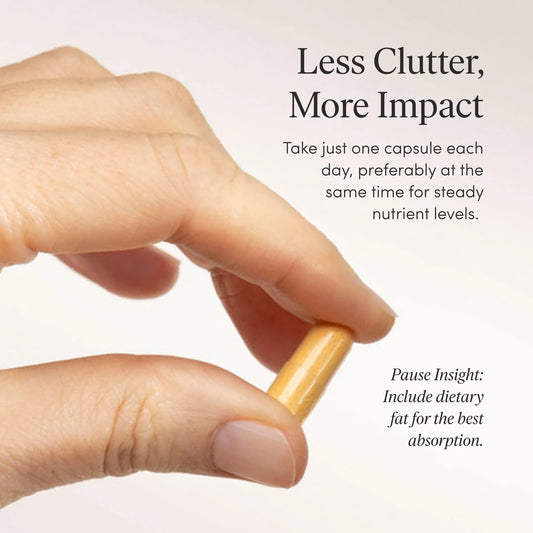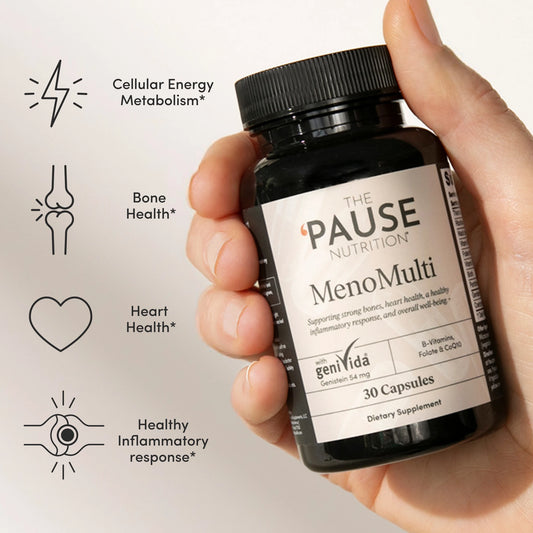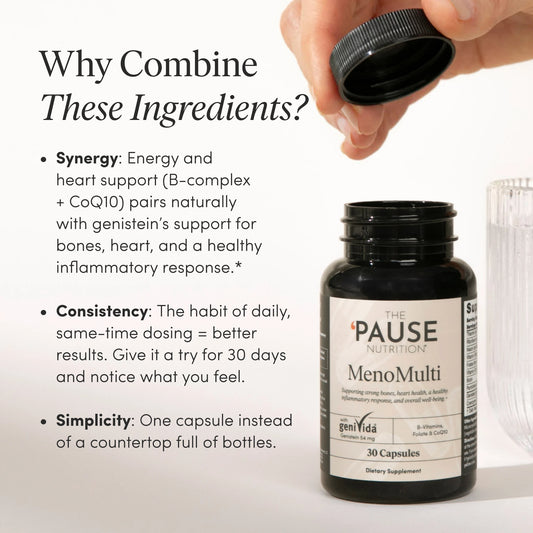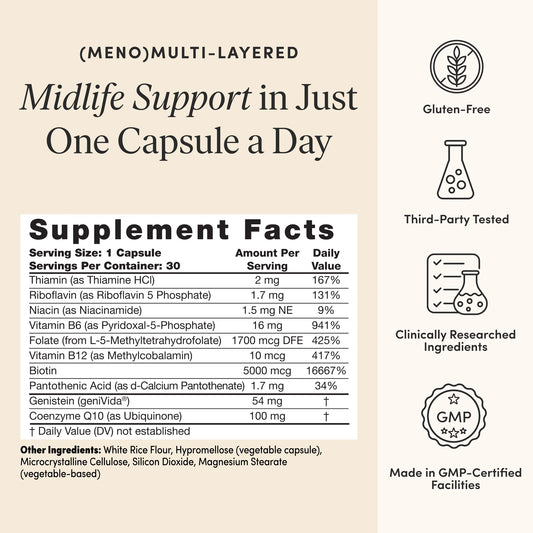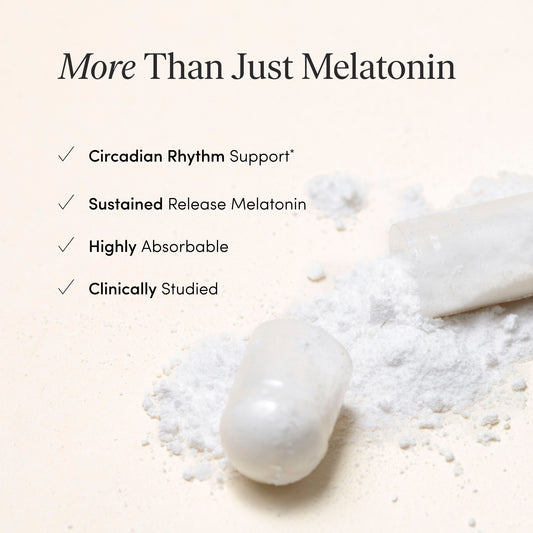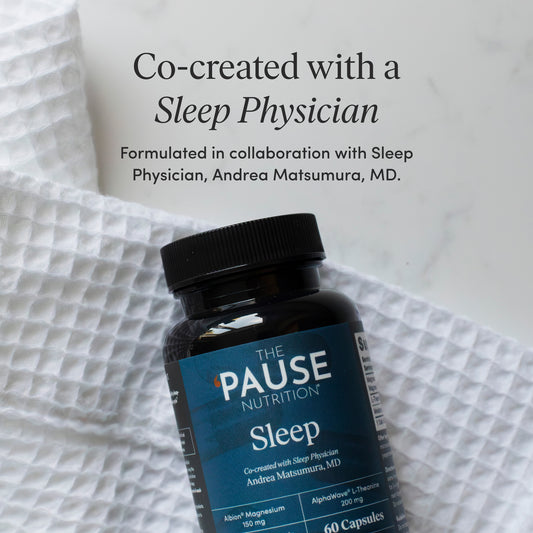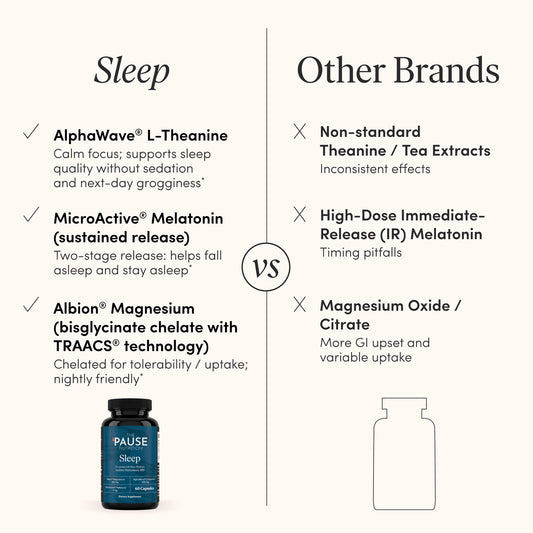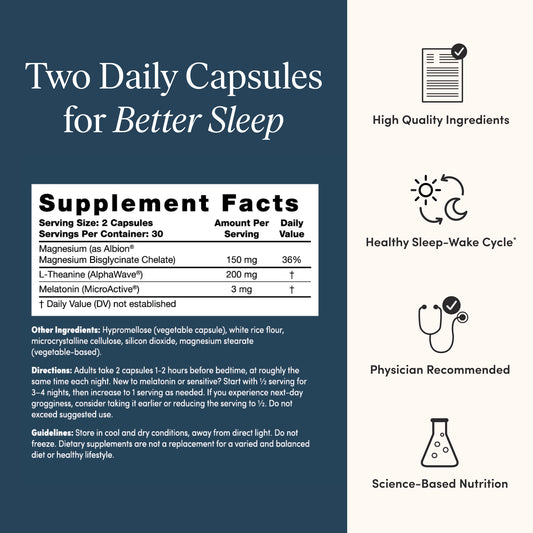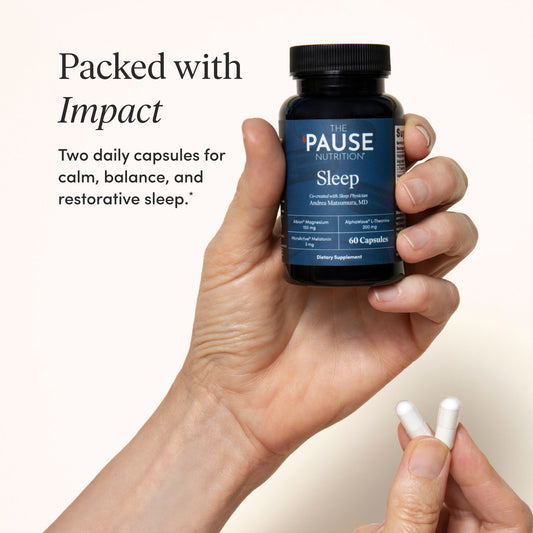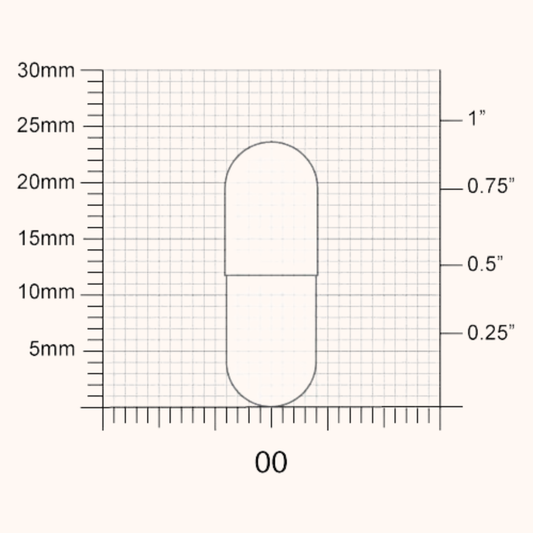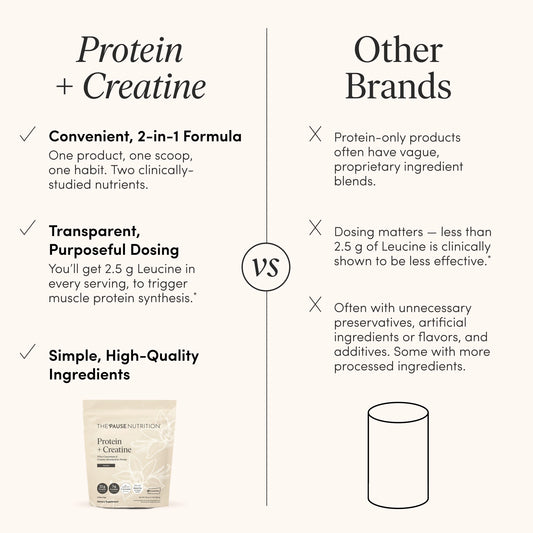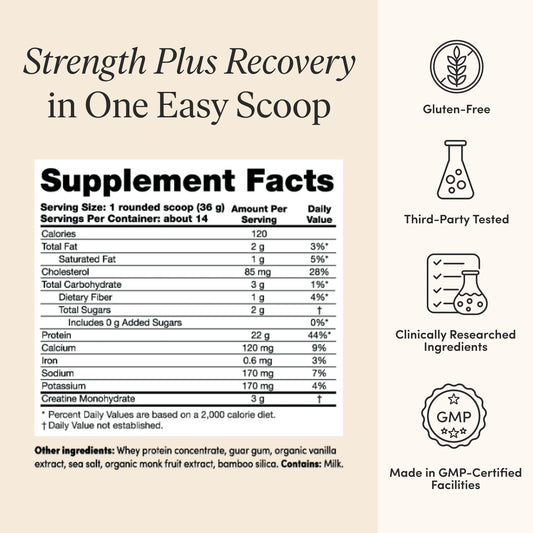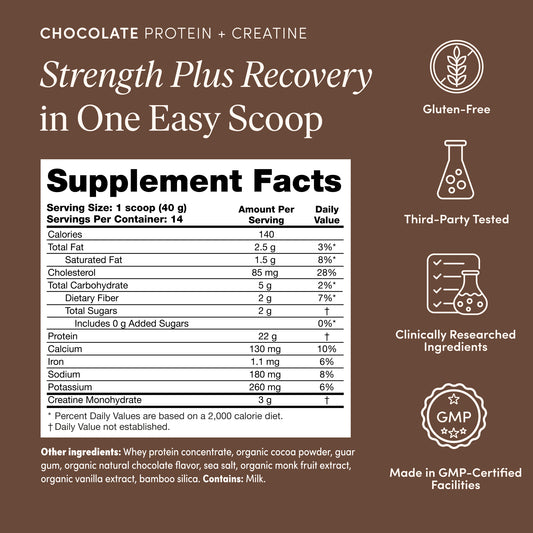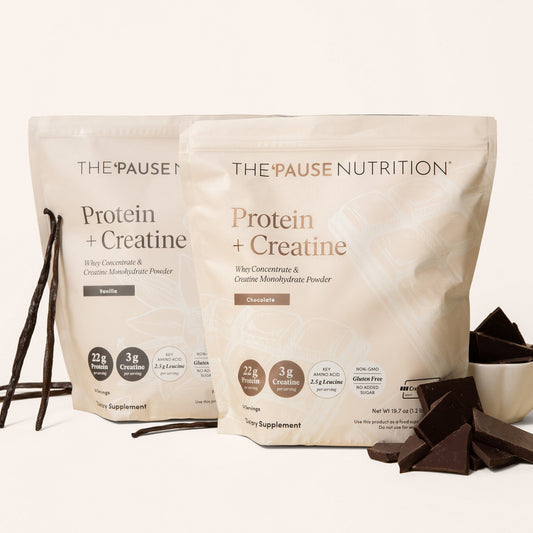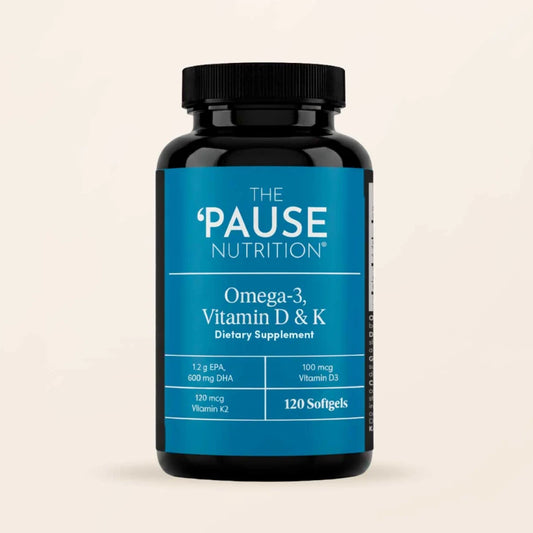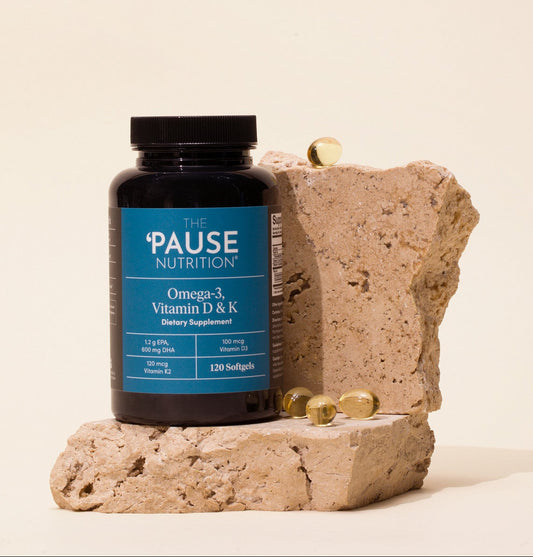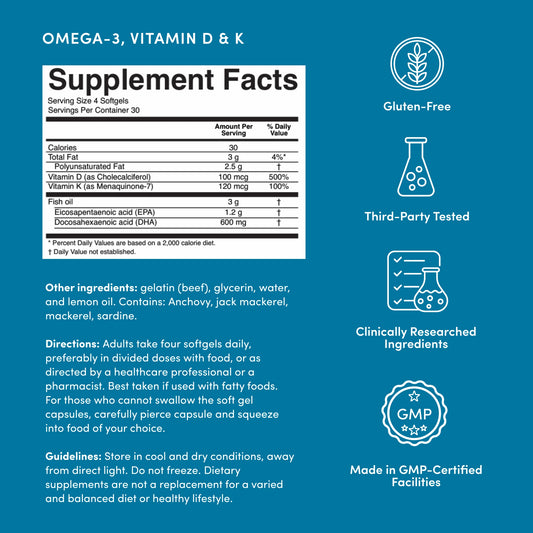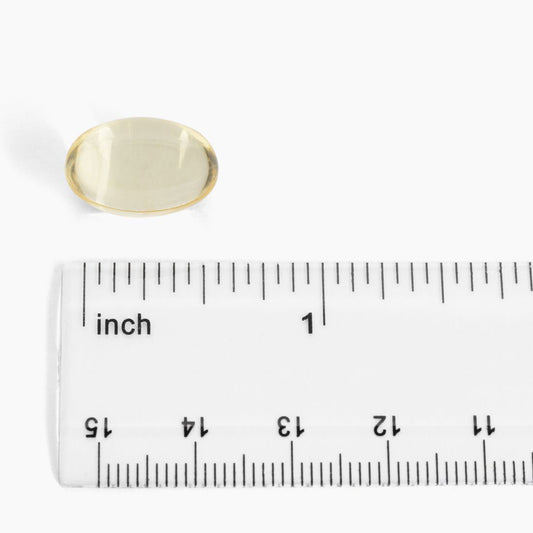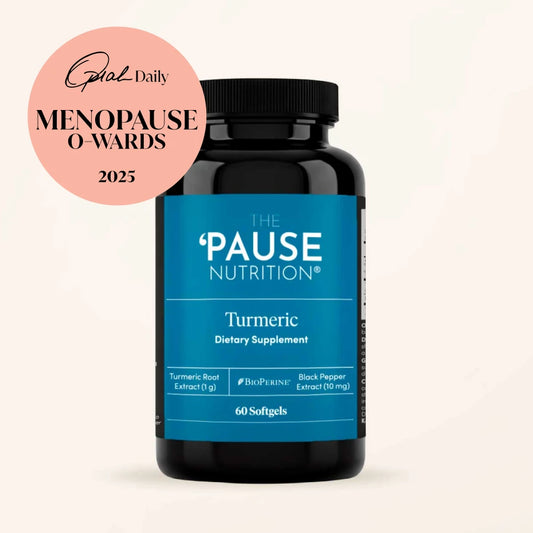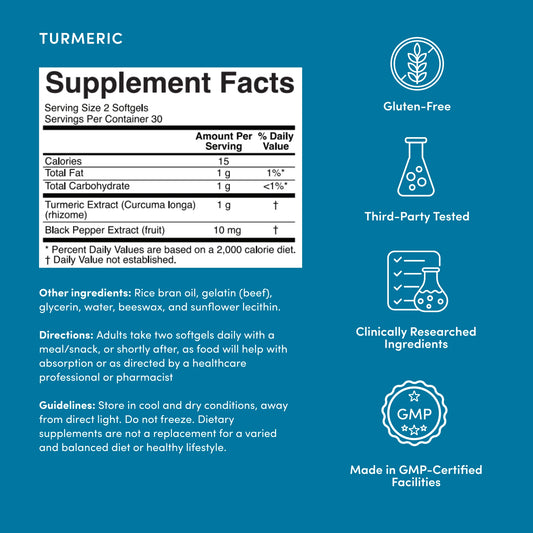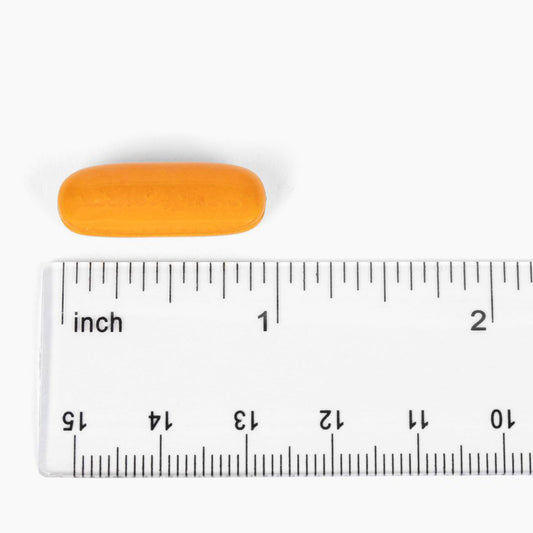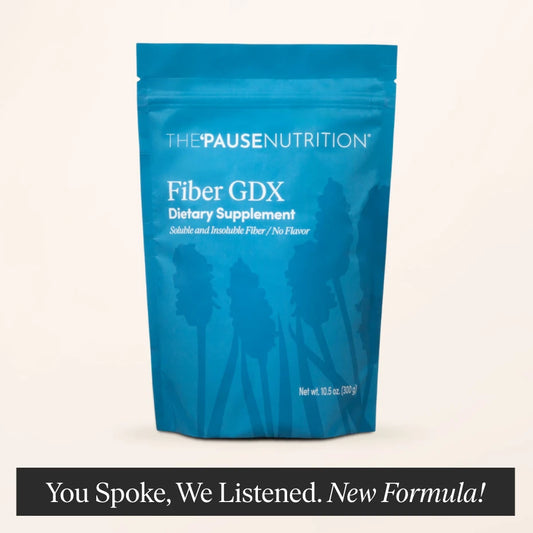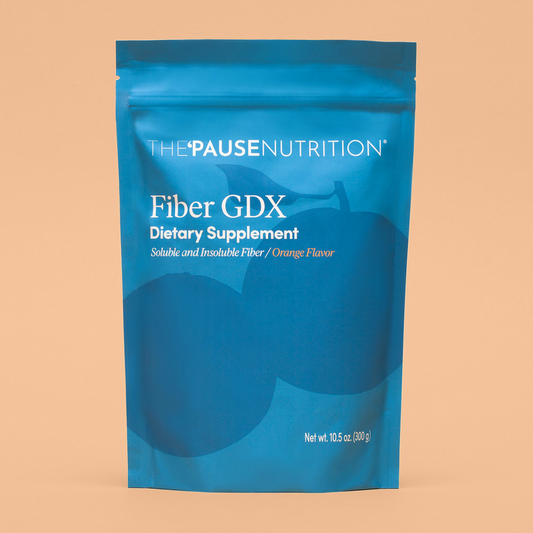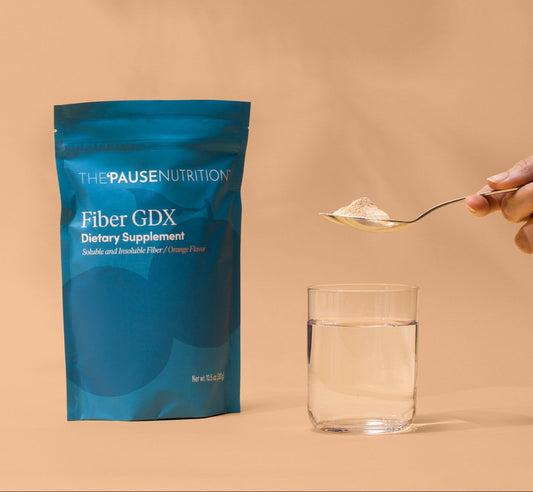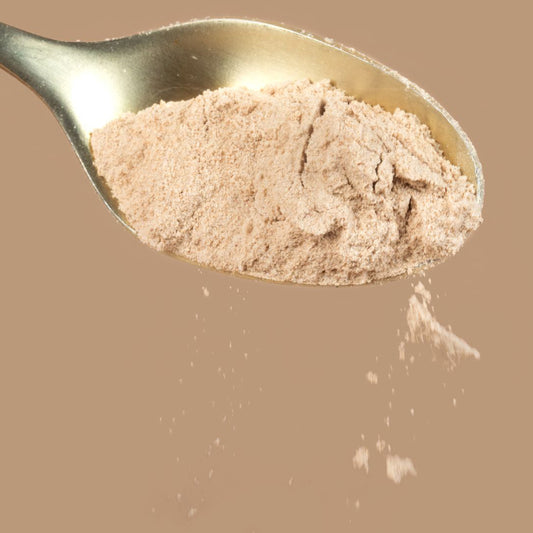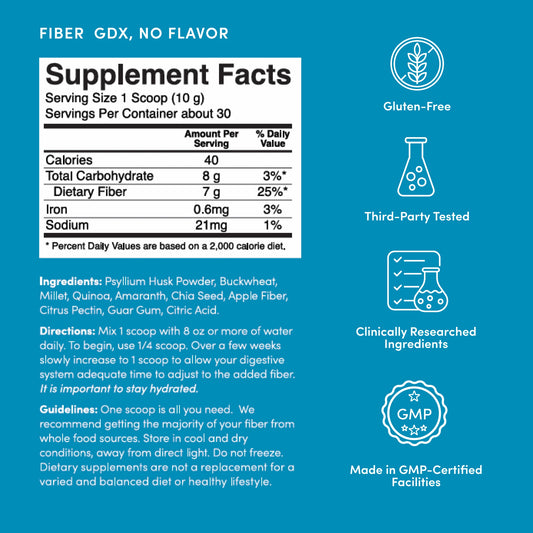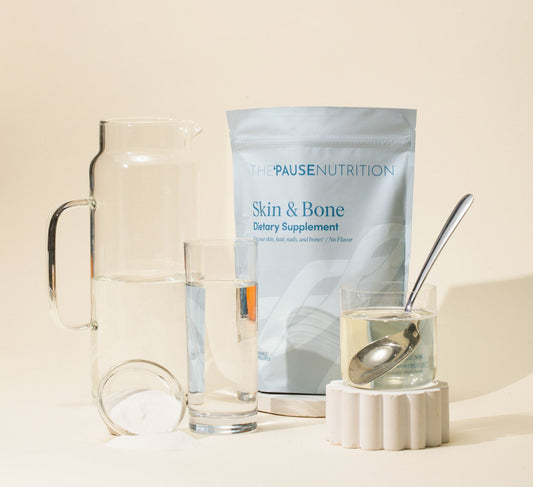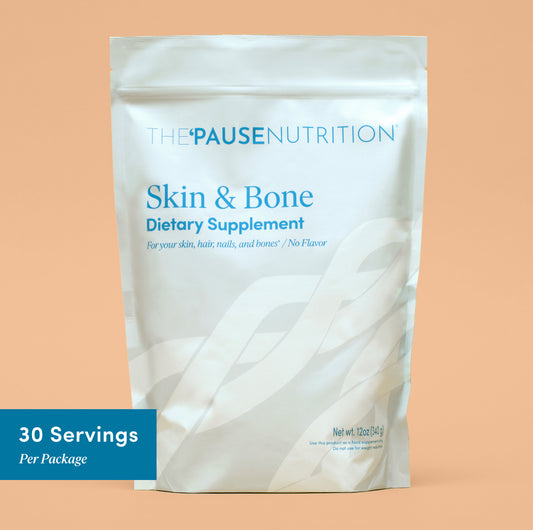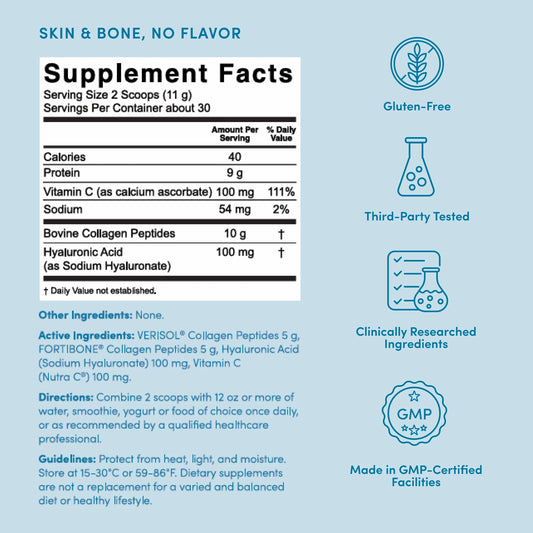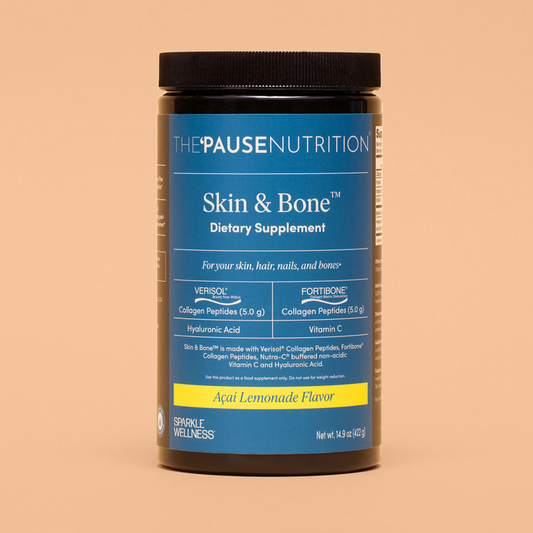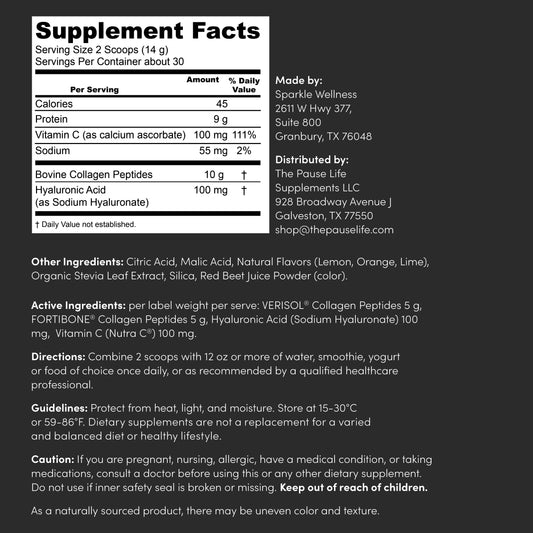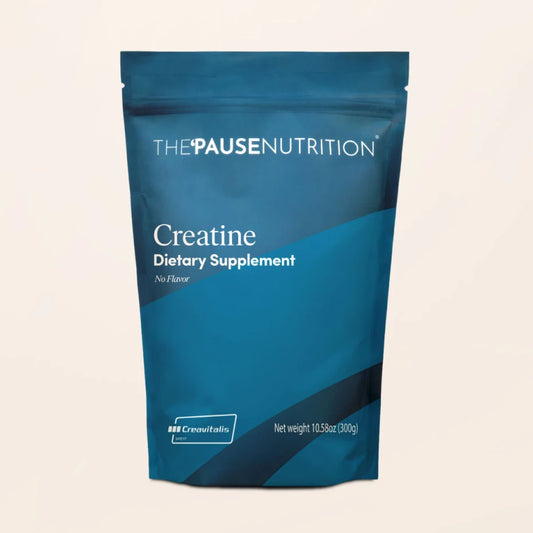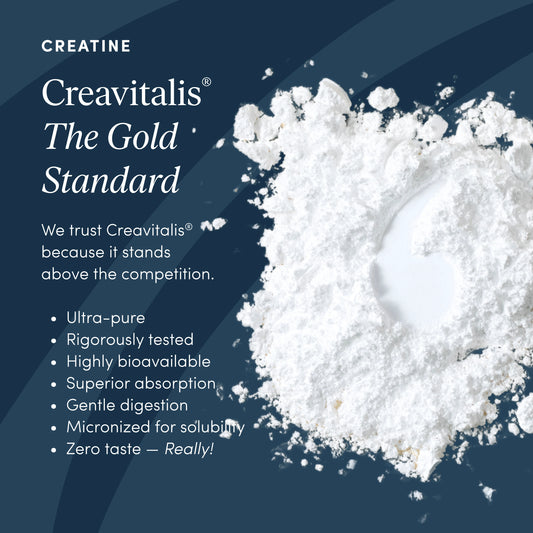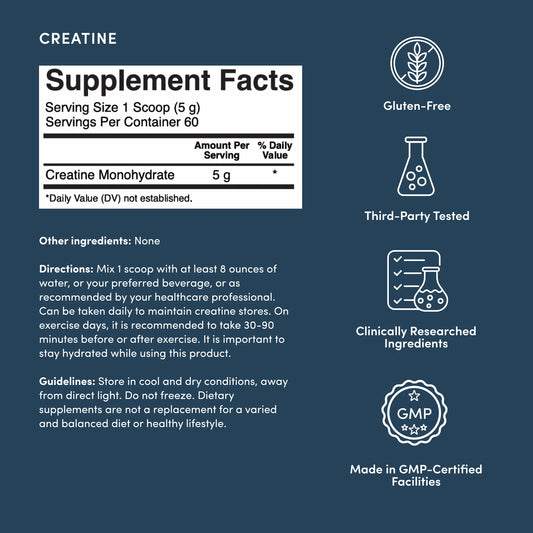Menopause, Memory & Mental Health

Share
Menopause can be a frustrating stage of life as you try to understand what’s happening to your body and find the appropriate care and support to treat your symptoms. As we age, many of us become concerned about our cognitive health – our brains. We may become more aware of others, or even become caregivers for our parents, relatives, or people around us who are experiencing memory loss, dementia or Alzheimer’s.
Is There A Connection Between Menopause, Memory And Mental Health?
In a nutshell, yes. Cognition and memory are impacted as we transition through menopausal stages. Brain changes are often some of the earliest symptoms that people will experience and express concern to their physicians. It is estimated that 80% of people born female experience neurological symptoms during menopause transition (MT) and 20% of do not experience symptoms.1
It is not uncommon to see in the media, on social media, or memes people frustrated with brain fog, forgetting why we walked into a room, or even mean jokes of people historically “going crazy”, ultimately being put into asylums, hospitals, and disregarded or ignored.2
Thankfully, there are teams of researchers dedicated to studying what is happening in the body and specifically the brain, during the transition through menopause.
Some Key Updates About Menopause And Brain Health:
The relationship of menopause and changes in the brain is connected to the loss of estrogen in menopause transition. The amount of estrogen, and the neurological receptors for estrogen change in menopause, in particular the hypothalamus, prefrontal cortex, hippocampus, and amygdala. These parts of the brain affect thermoregulatory responses (temperature), learning, memory, and regulation of sleep, explaining the cause of the symptoms many often experience in perimenopause to post menopause. Understanding this connection may help those experiencing these symptoms feel a sense of validation, knowing that it is not their imagination.
Furthermore, this decrease in estrogen has a direct impact on how the brain glucose metabolism functions and often results in cognitive decline. This is the key to studying the relationship between menopause and the increased risk for Alzheimer’s disease in women.1 Two thirds of individuals with Alzheimer’s disease are people born female, thus we want to keep supporting and funding these studies to better understand the relationship and treatments.8
Mood changes are connected to the brain chemistry adaptations during menopause transition. Specifically, mood changes are related to the changes in brain receptors, the estrogen brain metabolism, and changes in the mood center, known as our amygdala. Some of the mood variances (anxiety, frustration, anger, sadness, irritation, etc.) are some of the symptoms often noted in menopausal transition and can also be noted as early onset signs of dementia 1,3 It is important that those affected can differentiate whether their symptoms are changes due to menopause or symptomatically related to onset of other brain changes. It is important that people learn how to advocate for their own brain health as they age.
Hormone Therapy For Cognitive Health
Hormone Therapy (HT) shows promising outcomes for memory, cognition (learning and retaining information) and visual memory. In some clinical trials researchers have found improved symptoms for patients with Alzheimer’s disease (AD).4 These studies warrant even more demand for gender specific studies when it comes to understanding Alzheimer’s disease.1, 4, 5
Specifically, transdermal (patch) estradiol, other combinations of estrogen and progesterone, do seem to have an impact on keeping our brains engaged, preventing some decline in memory. Though it is still not clear that HT prevents Alzheimer’s disease.6 Additionally, research teams are exploring if, or how, menopause and HT impacts Parkinson’s disease. Right now, there is no conclusive evidence that using HT prevents or delays Parkinson’s disease in those born female.7
More clinical trials will help us better understand the variables and exact treatments, but overall, it is encouraging that we have decades of researchers investigating our health concerns.
For people born female, aging includes menopause transition – and the linkage of the decline in estrogen and progesterone have profound effects on the changes in our brain. It is important to take care of the brain as you would the other organs, bones, and tissues. Here are some lifestyle habits that can support our brain health.
- Sleep (aim for 7 to 9 hour per night)
- Diet high in omega- 3, fiber, amino acids and other anti-inflammatory foods
- Intermittent fasting
- Regulation of stress (meditation, journaling)
- Engagement in activities that bring our brains stimulation: reading, etc
- Hormone therapy (if you are a candidate)
- Exercise and physical activity
Don’t be afraid to speak with your healthcare provider about any concerns you may have about your brain health, whether or not you think it’s related to your menopause transition. If you’re looking for a provider near you, you may choose to explore our Community Recommended Physicians Database.
Sources:
- Scheyer, O., Rahman, A., Hristov, H., Berkowitz, C., Isaacson, R. S., Diaz Brinton, R., & Mosconi, L. (2018). Female sex and Alzheimer’s risk: the menopause connection. The journal of prevention of Alzheimer’s disease, 5(4), 225-230.
- Julie-Marie Strange (2000) Menstrual fictions: languages of medicine and menstruation, c. 1850–1930, Women’s History Review, 9:3, 607-628, DOI: 10.1080/09612020000200260
- Gleason, C. E., Dowling, N. M., Wharton, W., Manson, J. E., Miller, V. M., Atwood, C. S., Brinton, E. A., Cedars, M. I., Lobo, R. A., Merriam, G. R., Neal-Perry, G., Santoro, N. F., Taylor, H. S., Black, D. M., Budoff, M. J., Hodis, H. N., Naftolin, F., Harman, S. M., & Asthana, S. (2015). Effects of Hormone Therapy on Cognition and Mood in Recently Postmenopausal Women: Findings from the Randomized, Controlled KEEPS-Cognitive and Affective Study
- Wharton, W., Baker, L. D., Gleason, C. E., Dowling, M., Barnet, J. H., Johnson, S., Carlsson, C., Craft, S., & Asthana, S. (2011). Short-term hormone therapy with transdermal estradiol improves cognition for postmenopausal women with Alzheimer’s disease: results of a randomized controlled trial. Journal of Alzheimer’s disease:JAD, 26(3), 495–505. https://doi.org/10.3233/JAD-2011-110341
- LeBlanc, E. S., Janowsky, J., Chan, B. K., & Nelson, H. D. (2001). Hormone replacement therapy and cognition: systematic review and meta-analysis. JAMA, 285(11), 1489–1499. https://doi.org/10.1001/jama.285.11.1489
- Cardinali, C. A. E. F., Martins, Y. A., & Torrão, A. S. (2021). Use of Hormone Therapy in Postmenopausal Women with Alzheimer’s Disease: A Systematic Review. Drugs & aging, 38(9), 769–791. https://doi.org/10.1007/s40266-021-00878-y
- Wu, M., Li, M., Yuan, J., Liang, S., Chen, Z., Ye, M., Ryan, P. M., Clark, C., Tan, S. C., Rahmani, J., Varkaneh, H. K., & Bhagavathula, A. S. (2020). Postmenopausal hormone therapy and Alzheimer’s disease, dementia, and Parkinson’s disease: A systematic review and time-response meta-analysis. Pharmacological research, 155, 104693. https://doi.org/10.1016/j.phrs.2020.104693
- Cardinali, C.A.E.F., Martins, Y. . & Torrão, A.S. Use of Hormone Therapy in Postmenopausal Women with Alzheimer’s Disease: A Systematic Review. Drugs Aging 38, 769–791 (2021). https://doi.org/10.1007/s40266-021-00878-y
- O’Brien, J., Jackson, J. W., Grodstein, F., Blacker, D., & Weuve, J. (2014). Postmenopausal hormone therapy is not associated with risk of all-cause dementia and Alzheimer’s disease. Epidemiologic reviews, 36(1), 83–103. https://doi.org/10.1093/epirev/mxt008
- Postmenopausal Women: Findings from the Randomized, Controlled KEEPS-Cognitive and Affective Study. PLoS medicine, 12(6), e1001833. https://doi.org/10.1371/journal.pmed.1001833
- Rasgon, N. L., Geist, C. L., Kenna, H. A., Wroolie, T. E., Williams, K. E., & Silverman, D. H. (2014). Prospective randomized trial to assess effects of continuing hormone therapy on cerebral function in postmenopausal women at risk for dementia. PloS one, 9(3), e89095. https://doi.org/10.1371/journal.pone.0089095
















